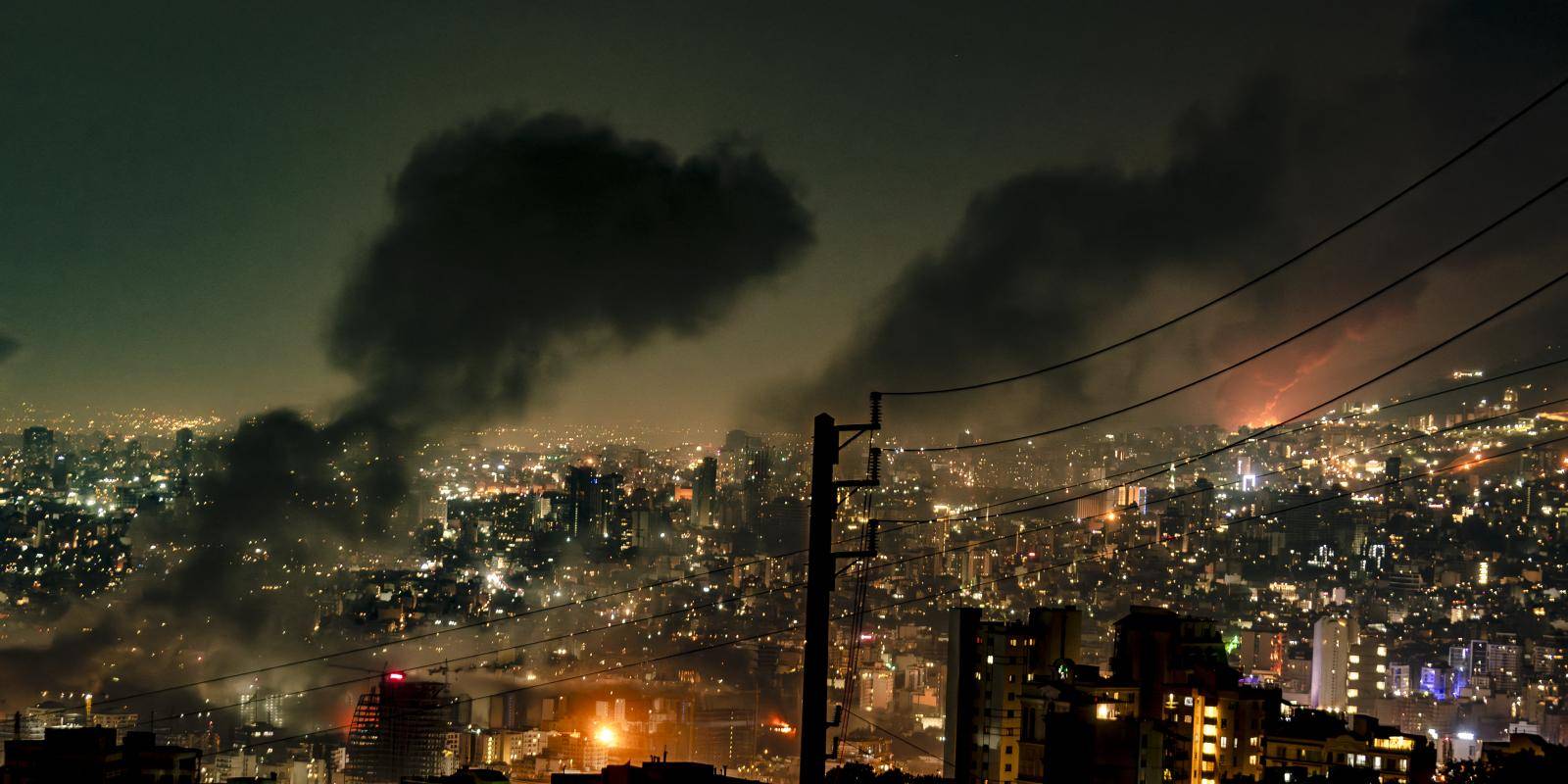Israel-Iran Conflict Escalates Amid Regional Tensions
Tensions between Israel and Iran have sharply escalated in the wake of recent hostilities, with both nations preparing for potential renewed conflict amid ongoing proxy attacks and regional instability.

The fragile calm following the June 2025 hostilities between Israel and Iran has rapidly deteriorated, with both sides signaling readiness for renewed conflict and the region bracing for unpredictable fallout. Israel, having conducted targeted strikes on Iranian military and nuclear assets earlier in the summer, is reportedly preparing for a broader, multi-domain campaign aimed at crippling Iran’s strategic weapons programs and neutralizing its regional proxy networks. According to military analysts, Israel’s ongoing operations in Gaza and against Hezbollah in Lebanon are not isolated, but rather are shaping the battlefield for a possible direct confrontation with Iran itself.
Proxy Warfare and Regional Fallout
Iran’s network of regional proxies, including Hezbollah in Lebanon, the Houthis in Yemen, and various Iraqi militias, remains a central concern for Israeli planners. Recent weeks have seen a surge in drone and missile attacks against Israeli and international targets, attributed to these groups. The Houthis, for example, launched multiple drone attacks targeting Israeli infrastructure and shipping, while Hezbollah has maintained a threatening posture along Israel’s northern border. Israeli officials argue that degrading these proxy forces is essential to prevent a multi-front war should direct hostilities with Iran resume in earnest.
Nuclear Crisis and International Diplomacy
The nuclear dimension of the conflict remains a flashpoint. Iran’s recent removal and dispersal of critical equipment from its Natanz uranium enrichment facility, coupled with its denial of access to international inspectors, has heightened fears of a renewed Israeli strike on nuclear sites. In response, European powers have moved to trigger the JCPOA “snapback” mechanism, which will reimpose international sanctions on Iran within 30 days. Iranian officials have responded with threats to withdraw from the Nuclear Non-Proliferation Treaty altogether—a move that could provide Israel with further justification for military action and potentially draw in Western powers.
Domestic Crackdowns and Human Rights Concerns
Inside Iran, authorities have unleashed a sweeping crackdown under the pretext of national security, arresting over 20,000 people since June, including dissidents, minorities, and alleged collaborators. Human rights organizations report an alarming increase in executions, arbitrary detentions, and discrimination against minorities, particularly in the wake of the conflict. The government’s actions have drawn international condemnation and raised concerns about the stability of the Iranian regime under the pressure of external threats and internal dissent.
Prospects for Wider War and Regional Stability
Arab states, meanwhile, are anxiously watching the situation, fearing that another round of Israel-Iran war would derail efforts to secure Palestinian statehood and further destabilize the Middle East. Diplomacy has largely stalled, with Western embassies in Tehran shuttered and no clear path to de-escalation. As both Israel and Iran prepare for potential escalation—militarily, politically, and through their respective alliances—the risk of a broader regional conflict looms large, with unpredictable consequences for global security and the international economy.
Sources
-
Global Security Review Forecasting an Imminent Israeli Strike on Iran
-
The Independent Two months after its war with Israel, Iran braces...
-
Amnesty International Iran: Authorities unleash wave of oppression after...
-
Israel Hayom Iran's suspicious moves: Is it bracing for an Isra...
-
Institute for the Study o... Iran Update, September 2, 2025